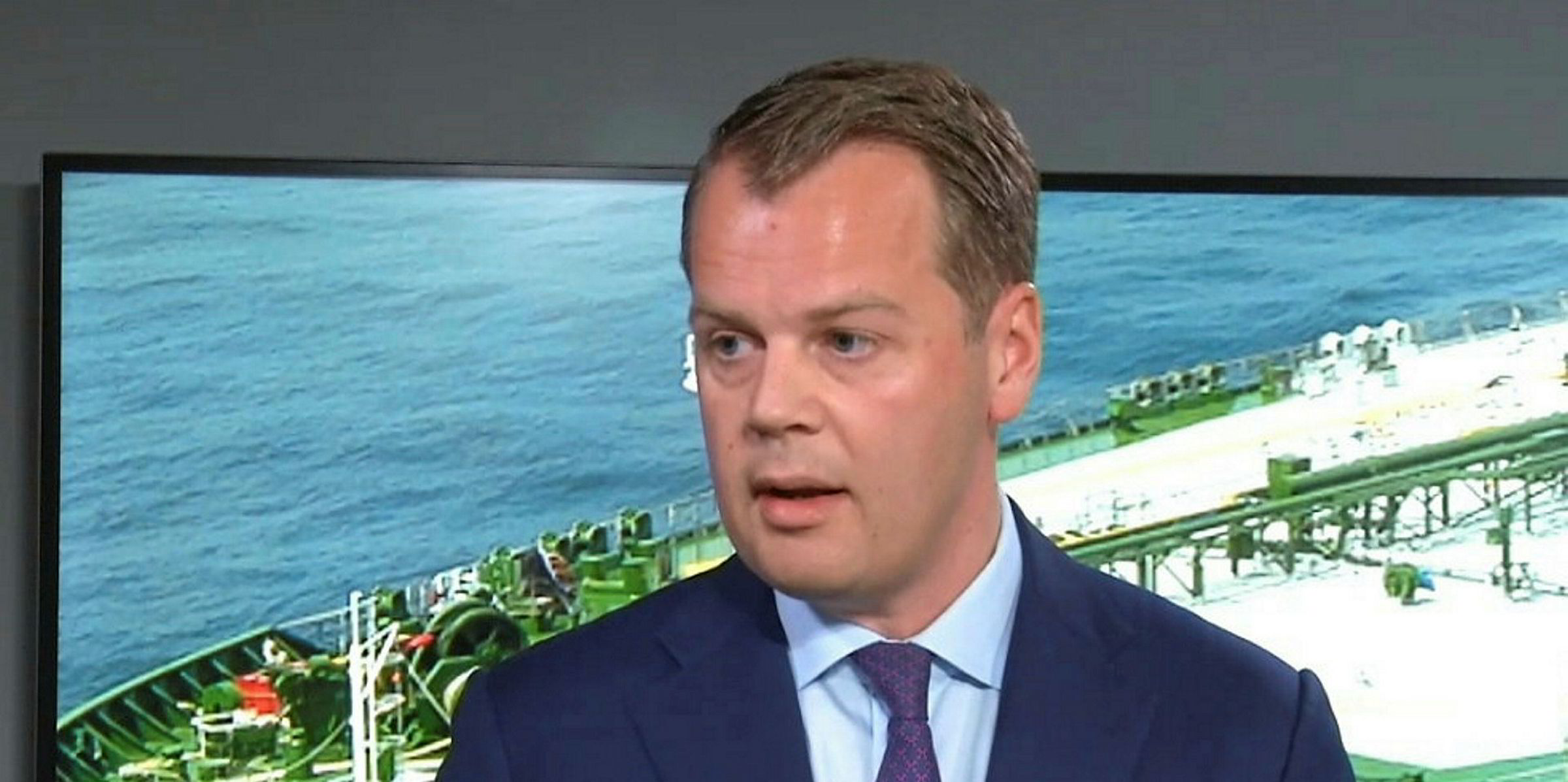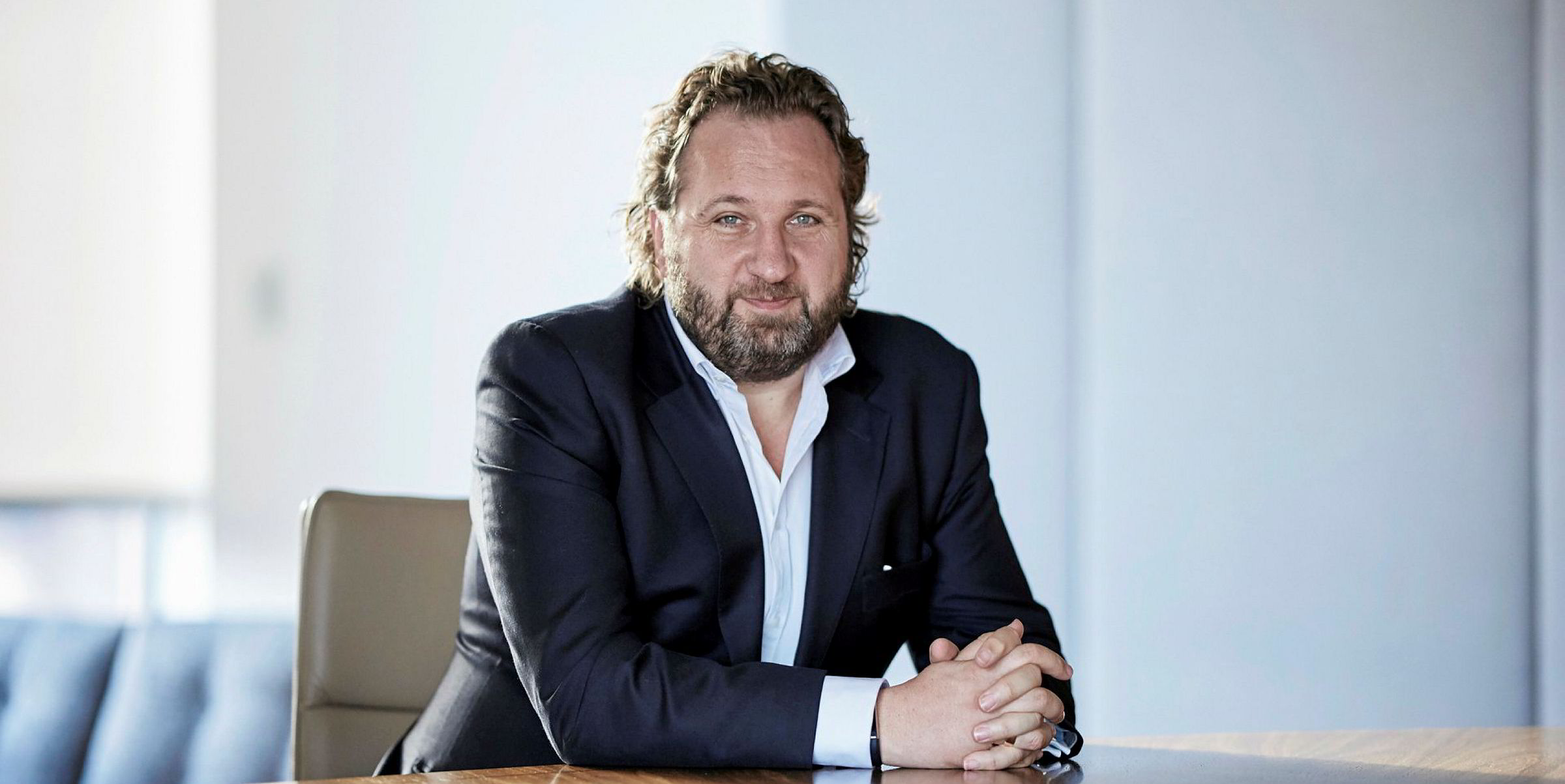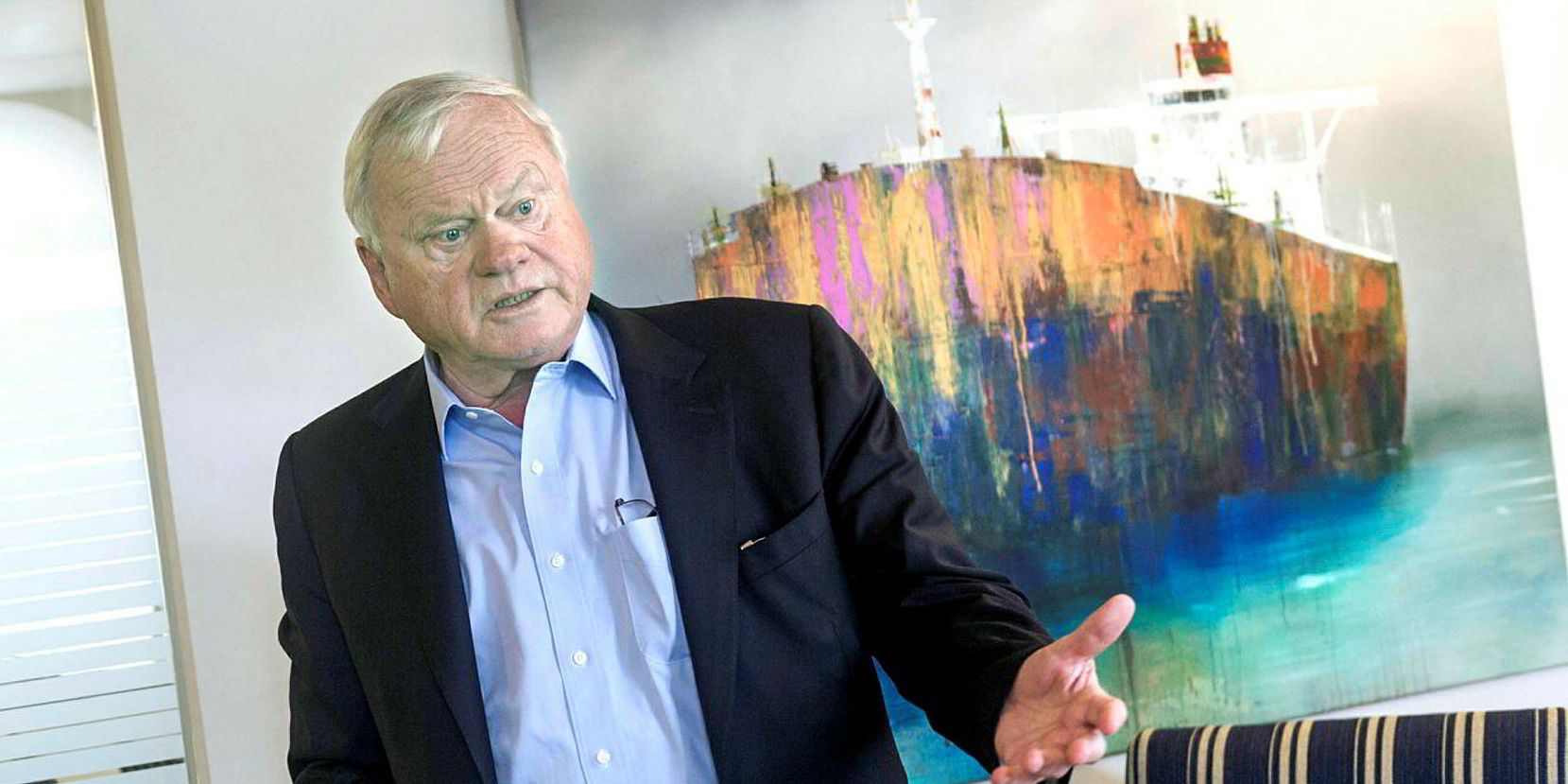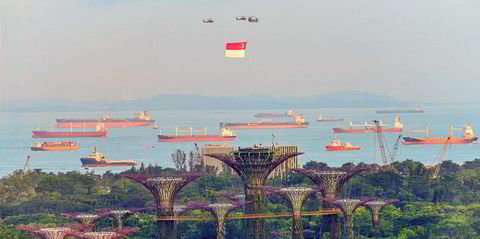John Fredriksen’s Frontline is bullish about the prospects for the VLCC market at a time that it expects seasonal patterns to defy conventional wisdom.
Chief executive Robert Hvide Macleod said rising US exports are offsetting Opec cuts, while the impact of IMO 2020 will likely see the typical winter upswing arrive in the summer this year.
Macleod described this year as “upside-down”. “When I say upside-down it’s a year where things will be very different,” he said.
“The refineries are turning around now in preparation for 2020.”
In addition, scrubber and ballast water induced dry-dockings will take capacity out of the market this summer.
“Because of these factors, the so-called winter market, that normally kicks in during September, October and sometimes even November, I think it will happen during the summer,” the executive said.
“I think it will be a very exciting year," he added in a video interview with analysts from DNB Markets.
Macleod reasoned the second quarter of this year was likely to be the weakest, with the unusual spike experienced this February displaying the strength of the US exports.
He attributed the strength seen in the market at the start of this year to the zero fleet growth experienced in 2018, backed by the removal of 39 VLCCs.
"One thing having the money ..."
The downturn in tanker demolition this year was seen as logical given the tankers are making money.
However, the expense of placing older vessels through special survey and installing ballast water technology was seen as a likely driver for further scrapping.
“One thing is having the money and another is being willing to spend it,” Macleod said, noting the two tier market between modern and veteran tonnage was likely to develop a wider differential.
No order rush yet
Macleod was also calm on a potential rush to order new VLCCs as the market strengthens.
“It’s the same every cycle, we build ourselves into the next down-cycle, it happens every time,” Macleod said.
“The capacity is there. If people are willing to pay the capacity will certainly be there.”
However, with resales available and the generally positive market view, buying tankers from the existing orderbook presently makes more sense, Macleod said.
“If you have a choice between a ship delivering in 2019 or 2020 versus ordering a newbuilding for delivery in 2021, you are very likely to take a ship delivering sooner,” Macleod said.
“So, I think you need to see activity on the resale front before you see further orders. That's what my comfort is on lots of orders coming in.”







